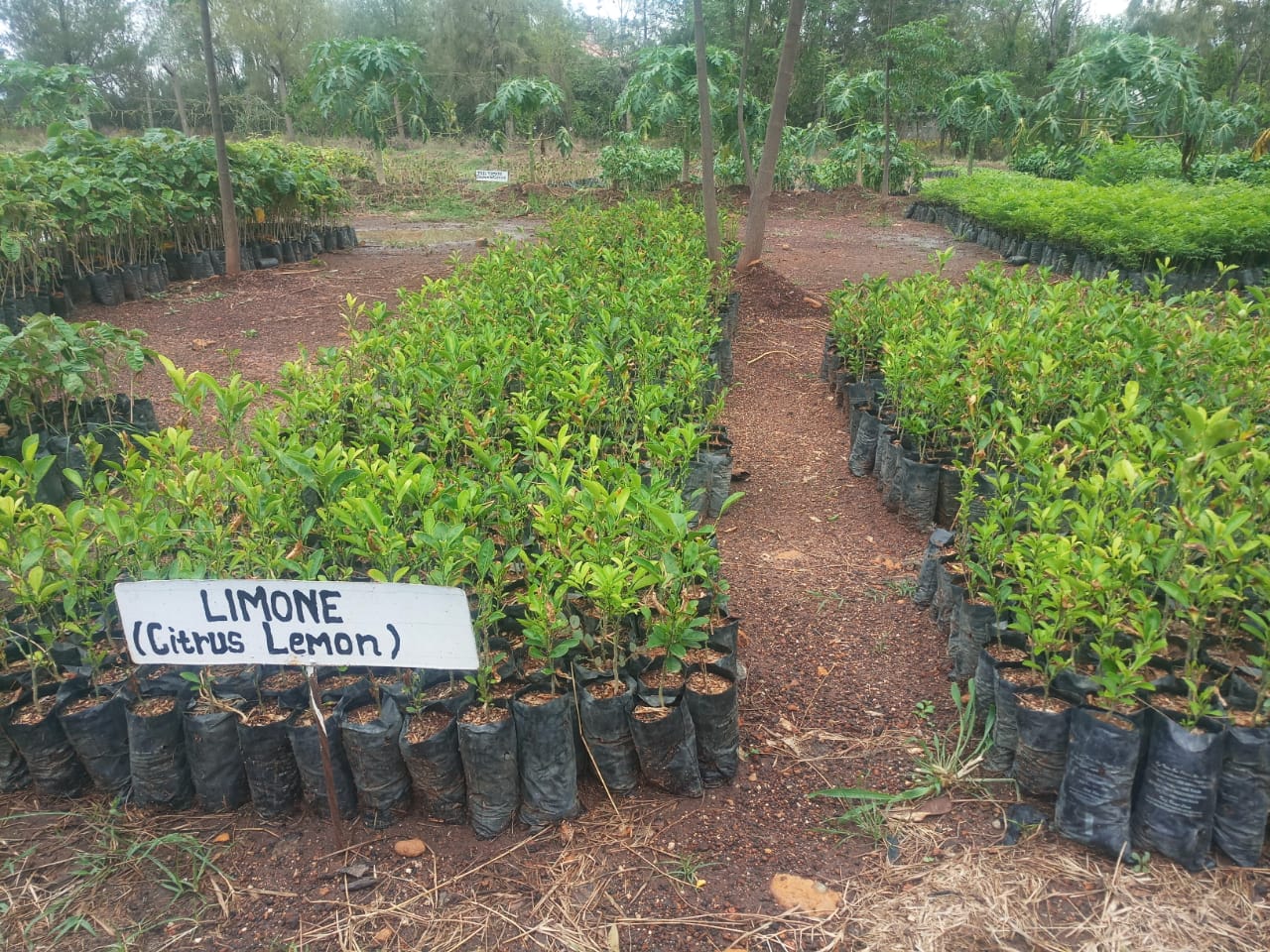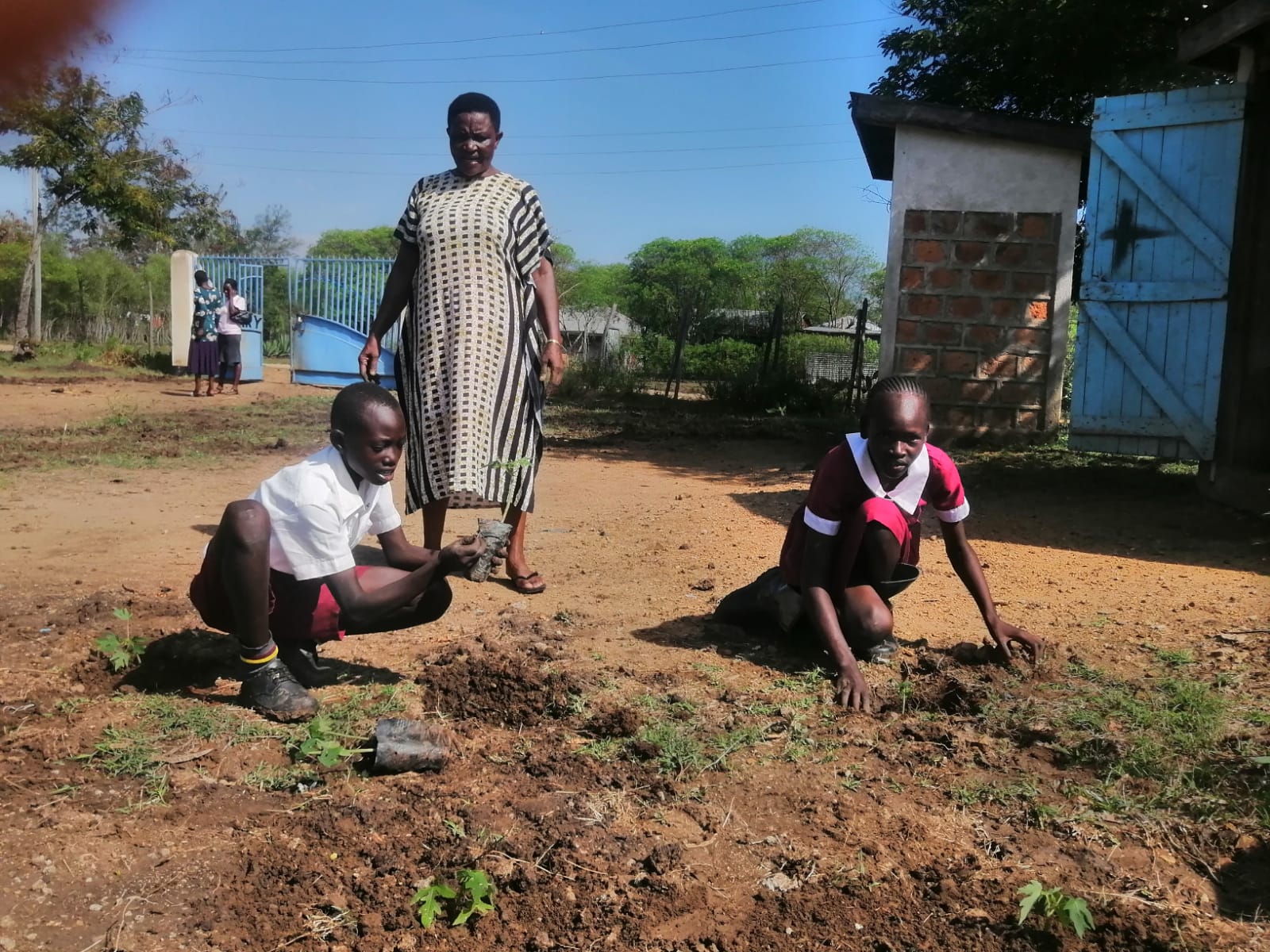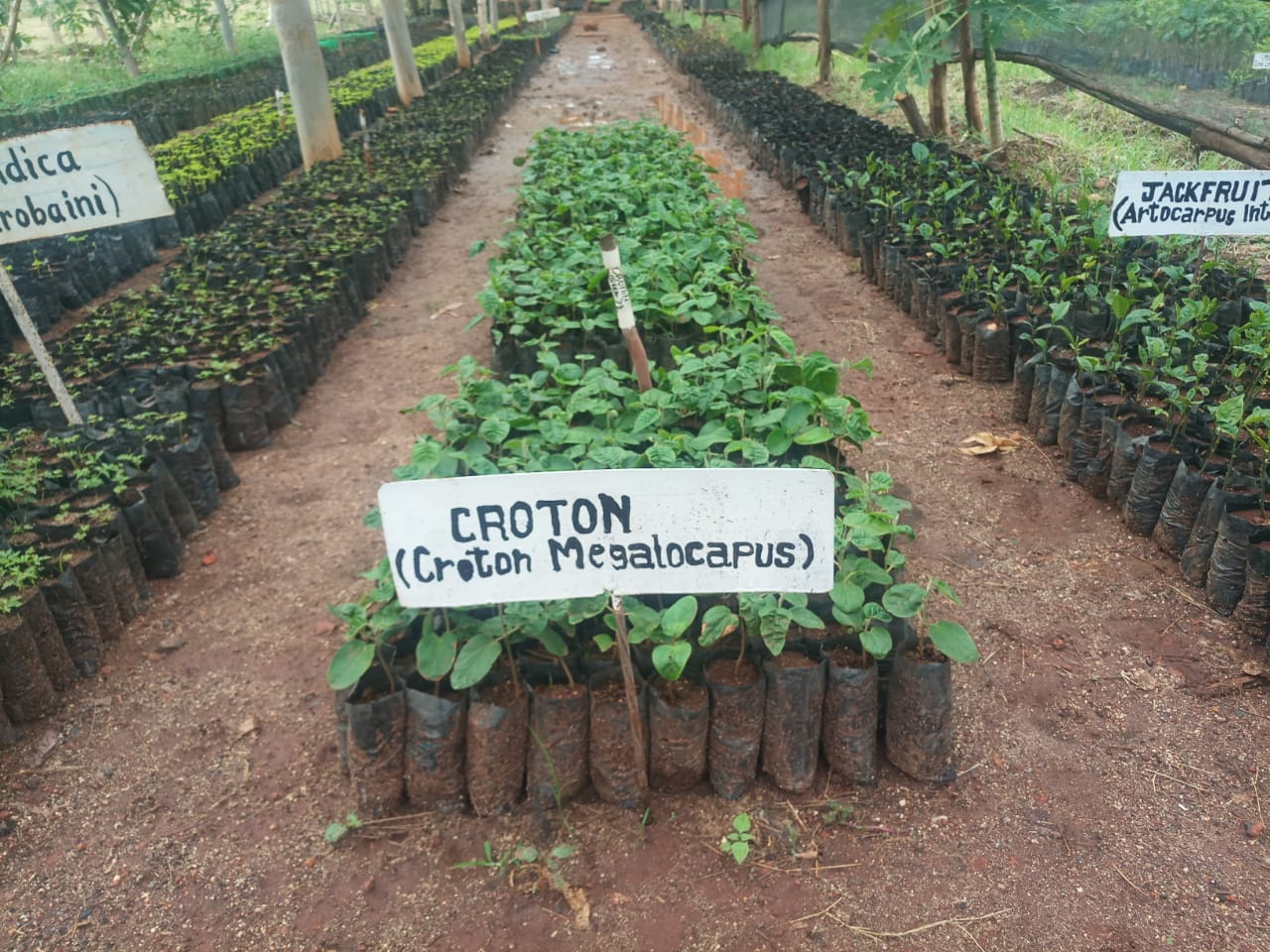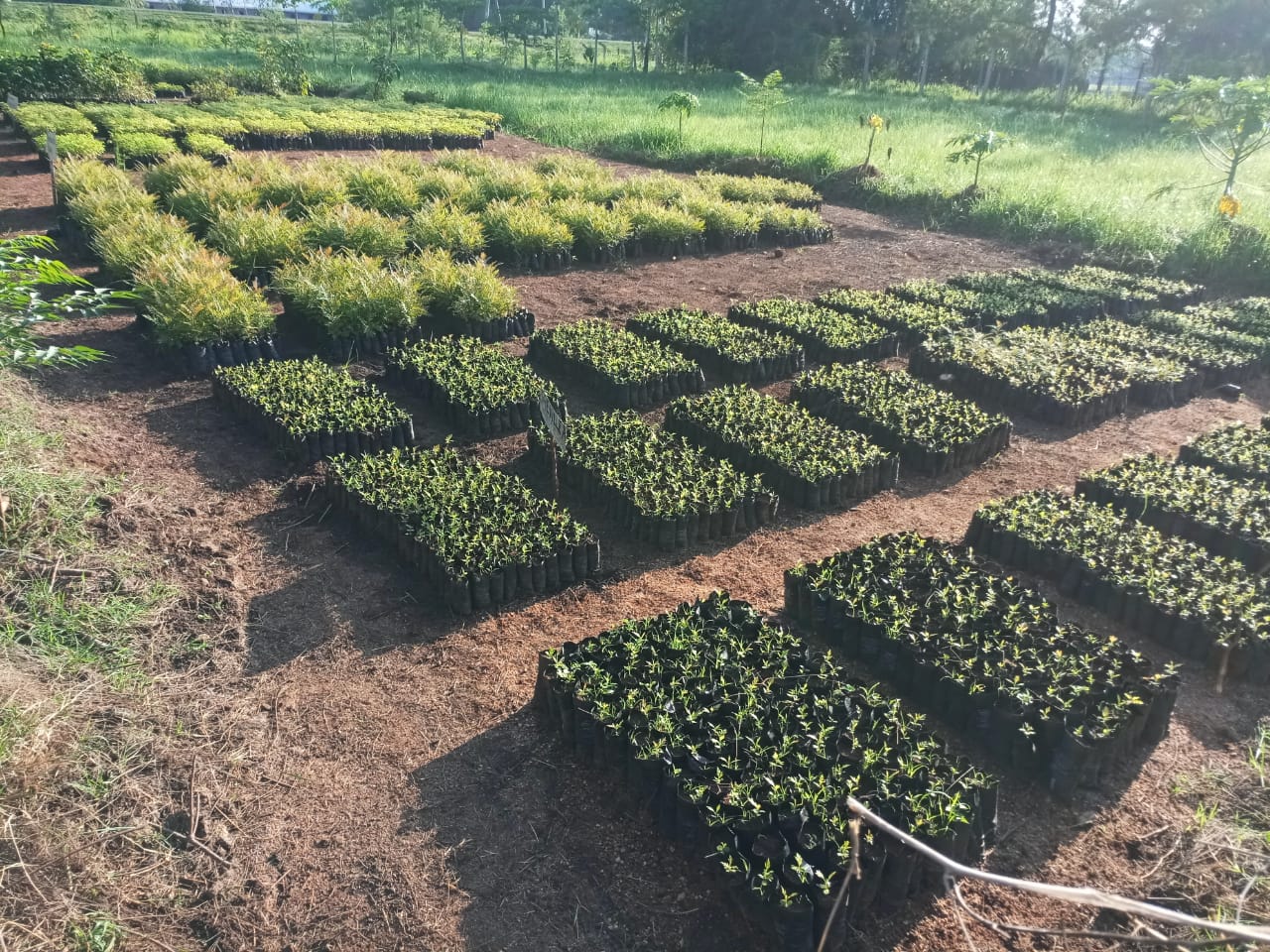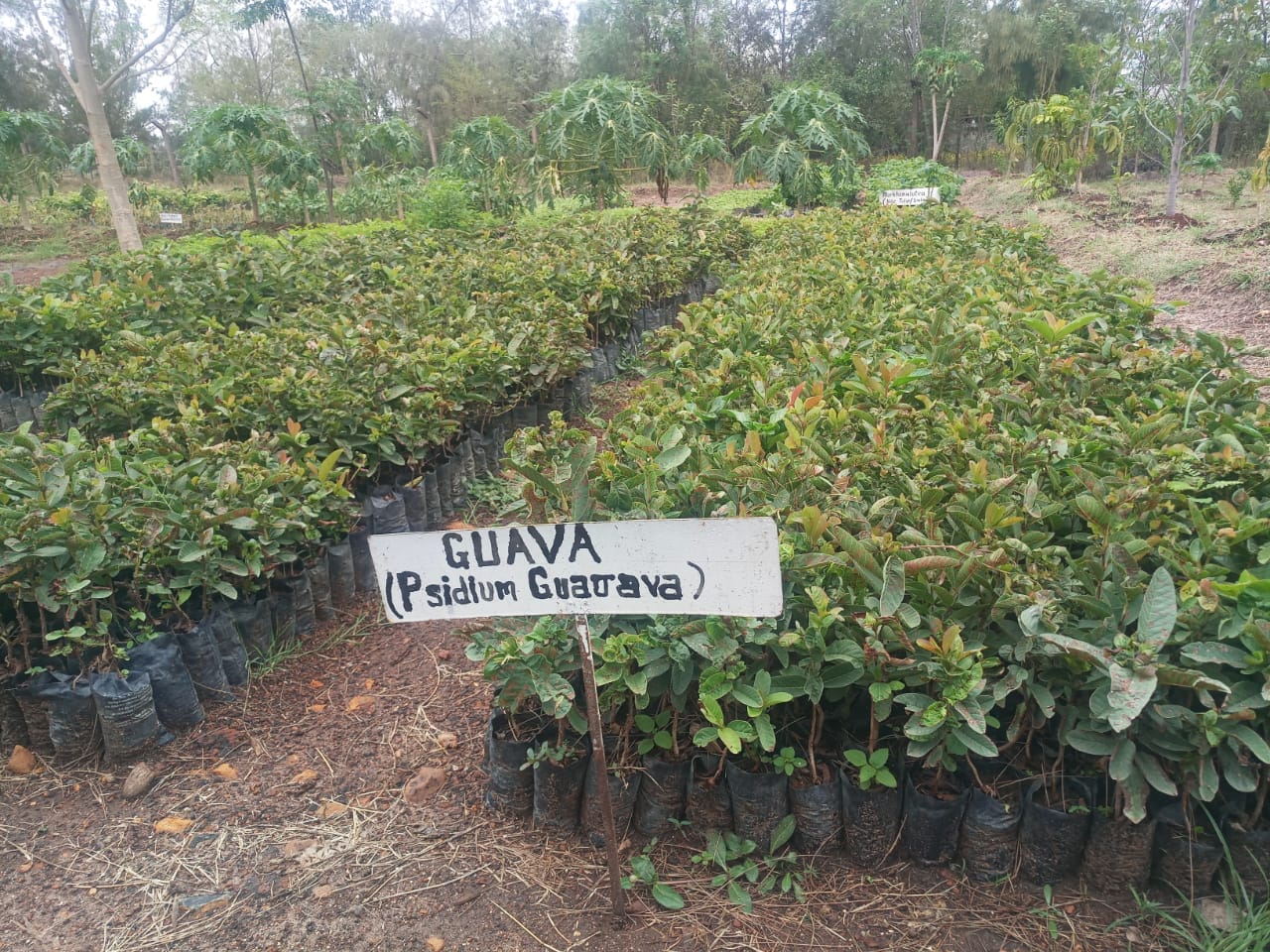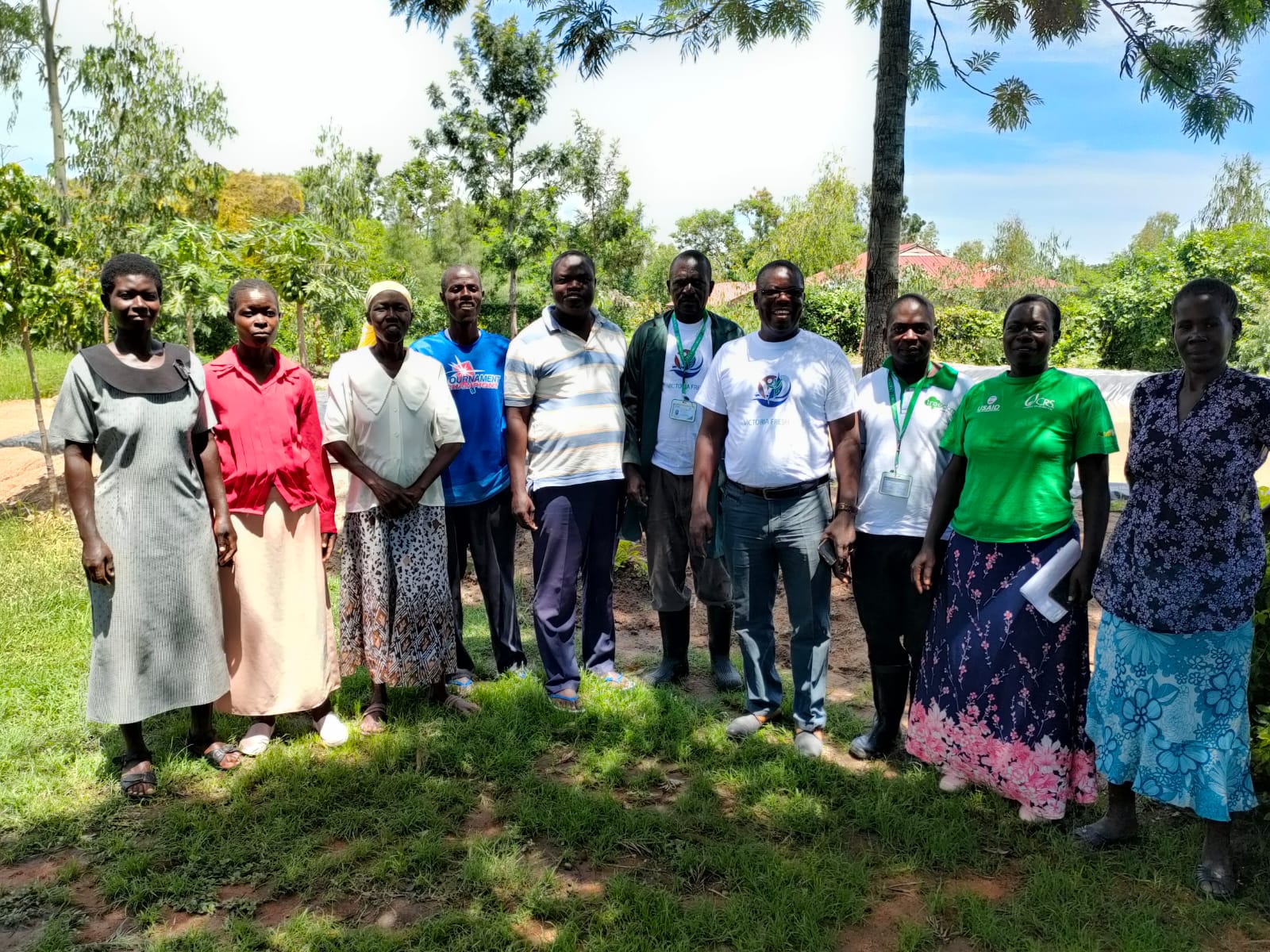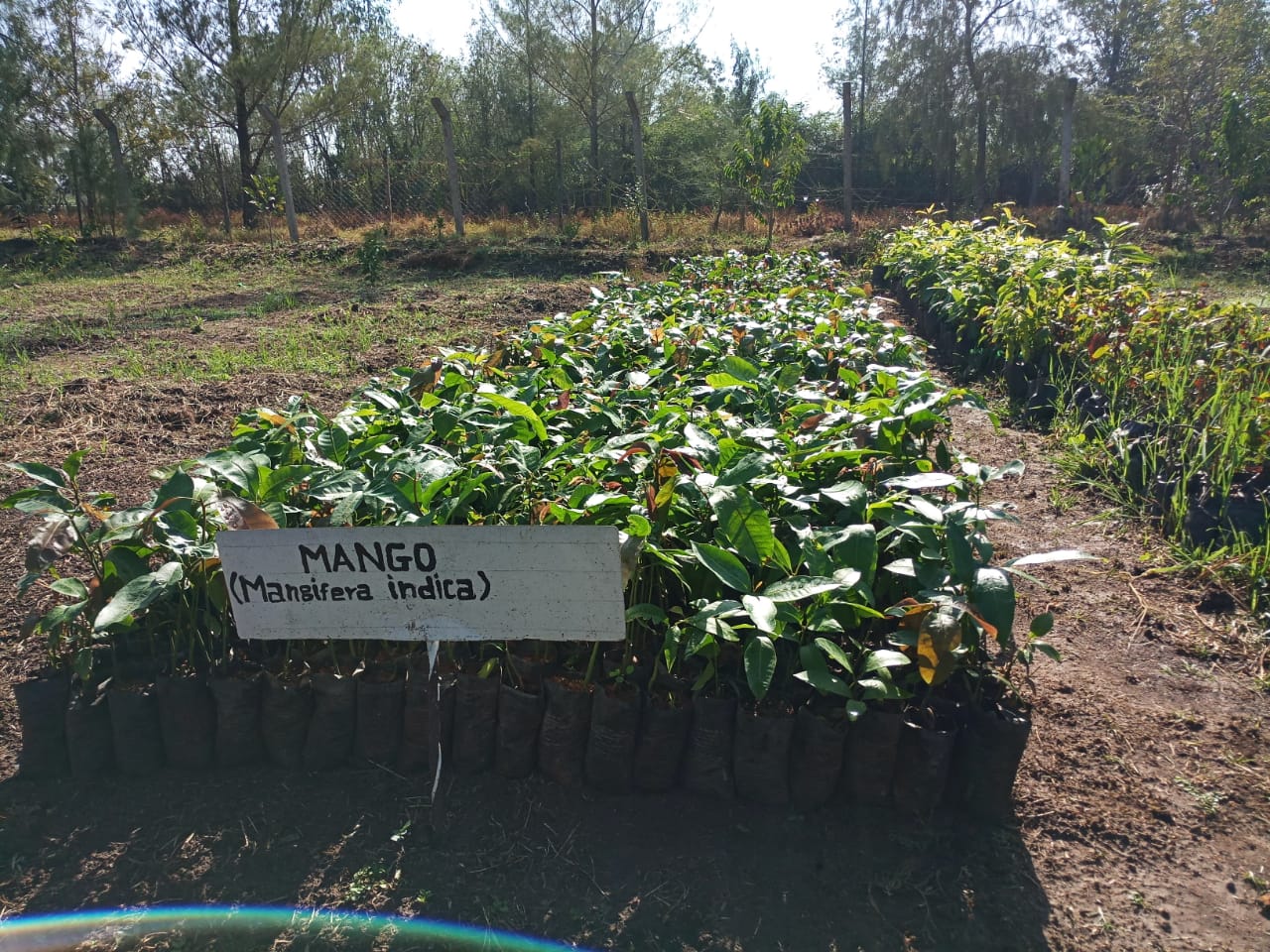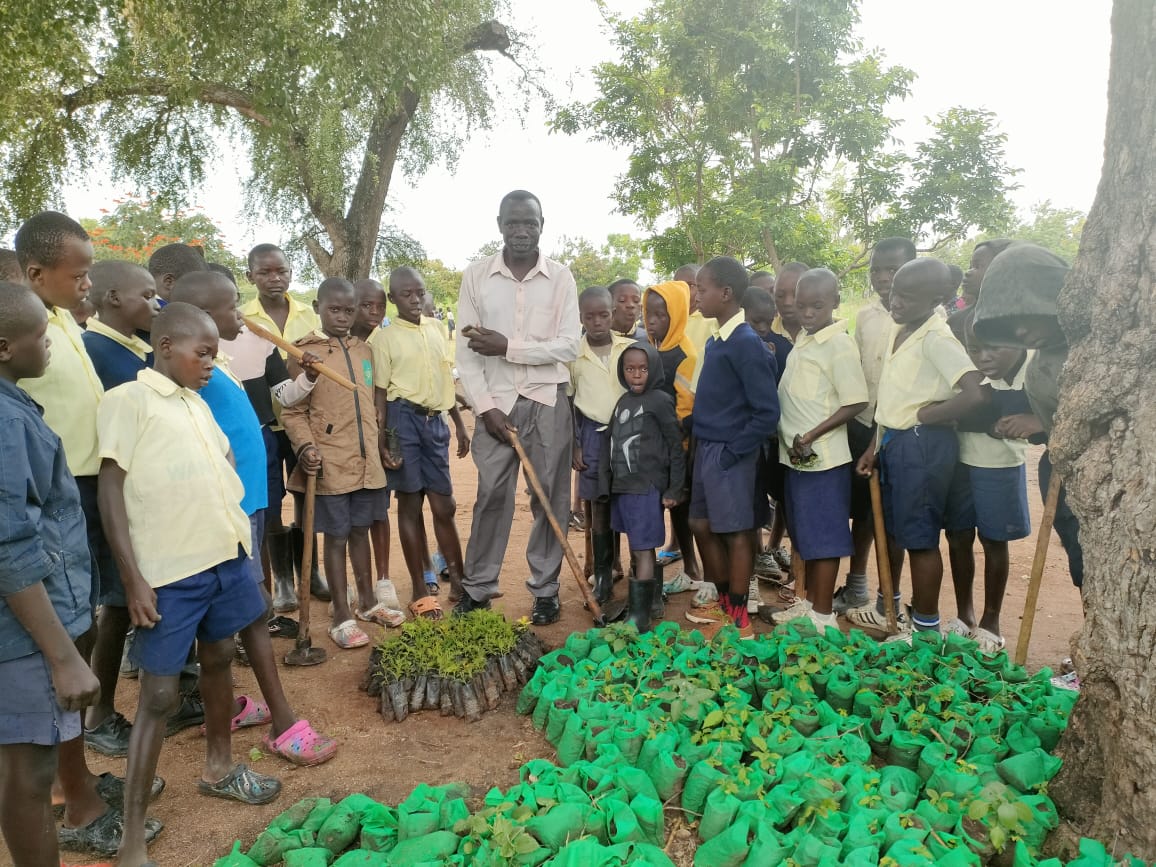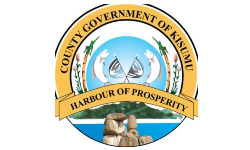1. Environment Pillar.
Victoria Fresh aspires to bring to reality to its stakeholders various SDGs anchored on this pillar. Since 2007, we have developed and distributed over 500,000 seedlings to various stakeholders, including Communities, Churches, Schools and Government and Non-Governmental organizations who have replanted and are taking care of the trees. Kisumu County as at 2021 has a forest cover of about 0.4% which is way below both the national average of about 7.2% and recommended national average of 10%.
Our model starts with stakeholder identification and registration. These include Communities, organized groups, government institutions and Non-Governmental organizations who propose planting site and desired trees for the upcoming season. Thereafter, we carry out Technical analysis of soil samples, this will help come up with correct composition of soil at planting.
Having identified and vetted stakeholders for the season and carried out soil testing. When seedlings are ready for growing, 0ur Community extension officers notify those we are able to deliver on their demands to attend a further two-day training on the process of growing the desired trees.
The communities we deal with are interested in fruit trees like Avocado, Lemon, Oranges, Pawpaw and the Moringa Oleifera, often called the drumstick tree or the miracle tree that is valued for its medicinal and nutritional uses. Institutions are more interested in indigenous trees popular with the area like grevillea tree or grevillea robusta, also commonly known as the southern silky oak, silk oak or silky oak, silver oak or Australian silver oak, due to its ability to survive extreme variations in weather conditions.
Implementing partners, we deal with thereafter sign agreements then appoint liason personnel to work with staff from Victoria Fresh staff for monitoring and replacements.
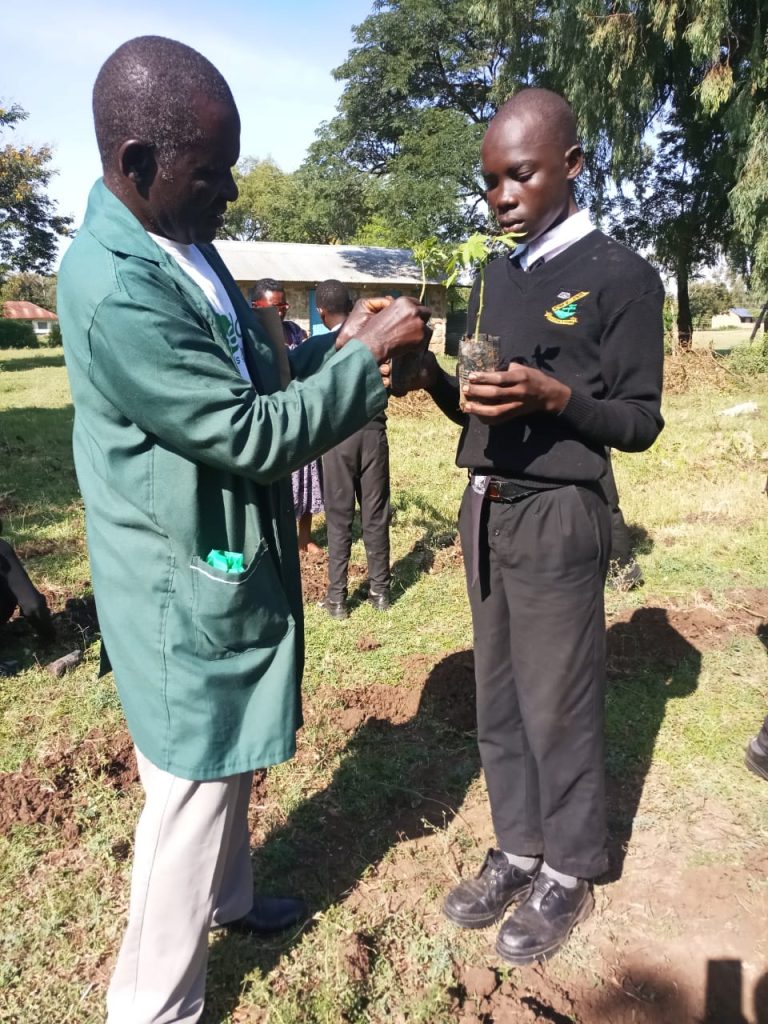
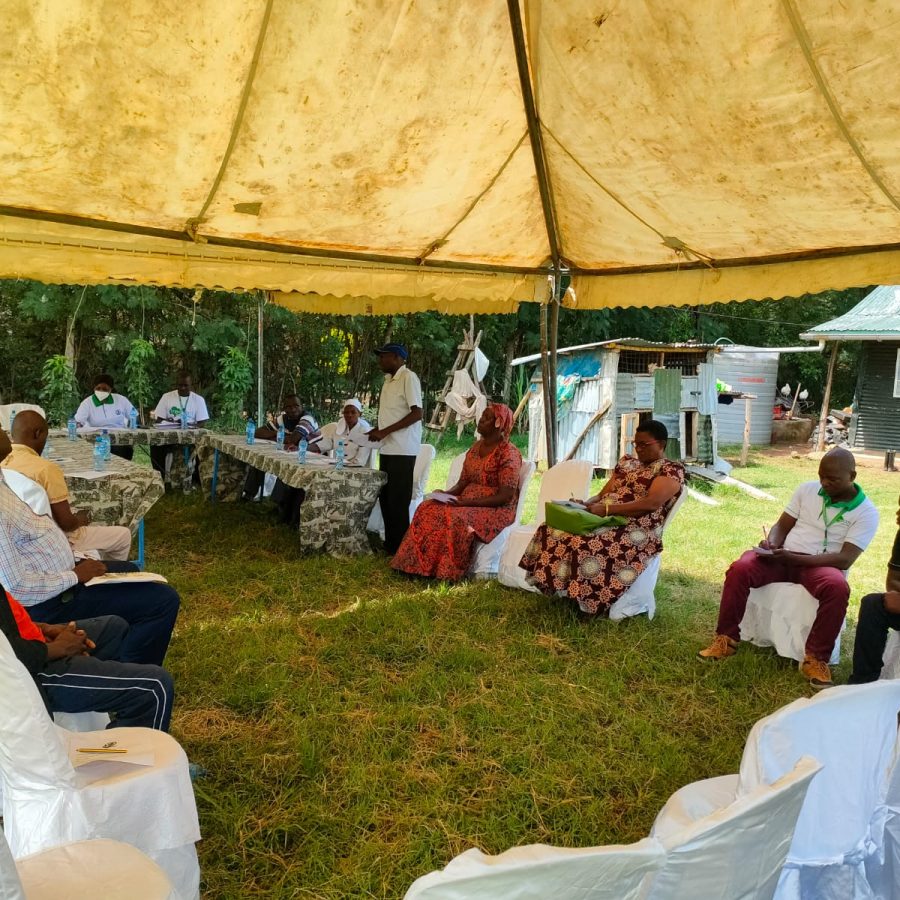
2. Health Pillar.
Under this pillar we undertake provision of services which includes medical, social and psychological services as well as, integration activities, care and nursing, material and financial support, educational and information services and training. We also help with developing society, improving communities, and promoting citizen participation.
The Kisumu County AYP Health Policy takes into account the objectives of devolution of health services, which include protection and promotion of the health interests and rights of minorities, marginalized communities and under-served populations, including informal settlements dwellers.
In Kisumu non-communicable diseases accounted for most (48.0%) deaths, while in Kenya infectious diseases accounted for the majority (49.9%) of deaths. From age 10, mortality rates increased with age across all geographies.
“In this area, 60 percent of child mortality is due to three diseases: malaria, diarrhea and pneumonia,” Nyando Medical Officer Dr Johnathan Billis.
3. Food Security Pillar.
Food and nutrition security refers to a situation where all people, at all times, have physical and economic access to sufficient, safe and nutritious food to meet their dietary needs and food preferences for an active and healthy life.
Currently over 10 million people in Kenya suffer from chronic food insecurity and poor nutrition, and between two and four million people require emergency food assistance at any given time. Nearly 30% of Kenya’s children are classified as undernourished, and micronutrient deficiencies are widespread (source: https://repository.kippra.or.ke)
As an organization we address this pillar by striving to improve availability, accessibility, utilization and stability. We advocate for promotion of home gardening for improved production and utilization of fruits and vegetables. Training and promotion of small scale livestock production and aquaculture for increased household consumption and income opportunity
We have aligned our activities to the Kisumu County Food System Strategy and County Agri- Nutrition Strategy 2023/27 which was launched by County First lady Dorothy Nyong’o with other development partners FAO, GIZ, USAID, Practical Action and Maseno University.
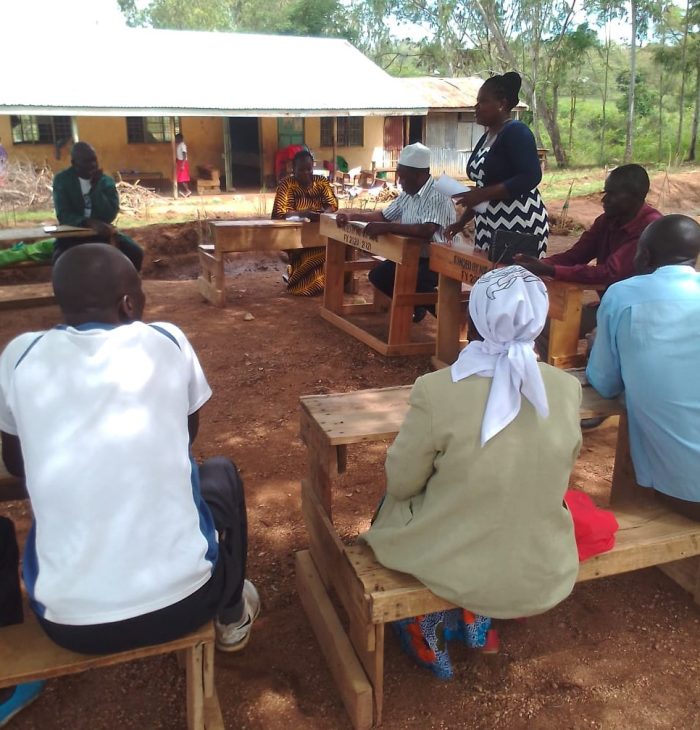
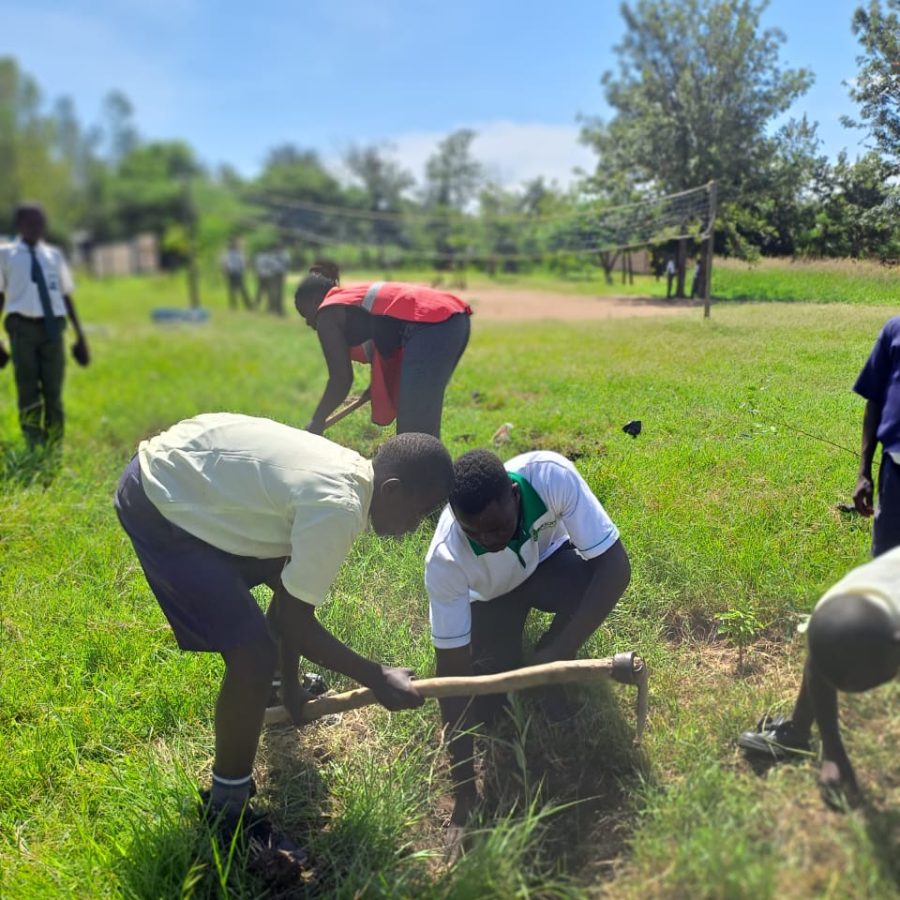
4. Poverty Alleviation Pillar.
As an organization we put in place programs to provide social assistance to the poor, promote pro-poor economic growth, provide human development for marginalized individuals and communities and promote progressive social change. We also promote participation in democratic governance and development processes
Poverty reduction, poverty relief, or poverty alleviation, is a set of measures, both economic and humanitarian, that are intended to permanently lift people out of poverty.
Poverty is associated with a host of health risks, including elevated rates of heart disease, diabetes, hypertension, cancer, infant mortality, mental illness, undernutrition, lead poisoning, asthma, and dental problems
Kisumu is the third largest city in Kenya, 60% of the population live in impoverished communities. In Kenya, 20.9% of the population lives in ‘absolute poverty’ – in Kisumu that number is three times higher (source: https://www.healthdata.org)
5. Capacity Development Pillar.
Our focus is on community capacity building which is about promoting the ‘capacity’ of local communities to develop, implement and sustain their own solution. Our approach is aimed at bolstering leadership development, community organizing, organizational development, and fostering collaborative relations.
We are a rural area based not for profit organization, therefore, it fosters a sense of ownership and empowerment, so that community partners gain greater control over their own future development in activities we implement among them.
While implementing activities within communities we ensure that we conduct training need assessment, engage stakeholders on capacity development, assess capacity needs and assets, formulate a capacity development response, implement a capacity development response, evaluate capacity development outcomes. This enhances success in programs.
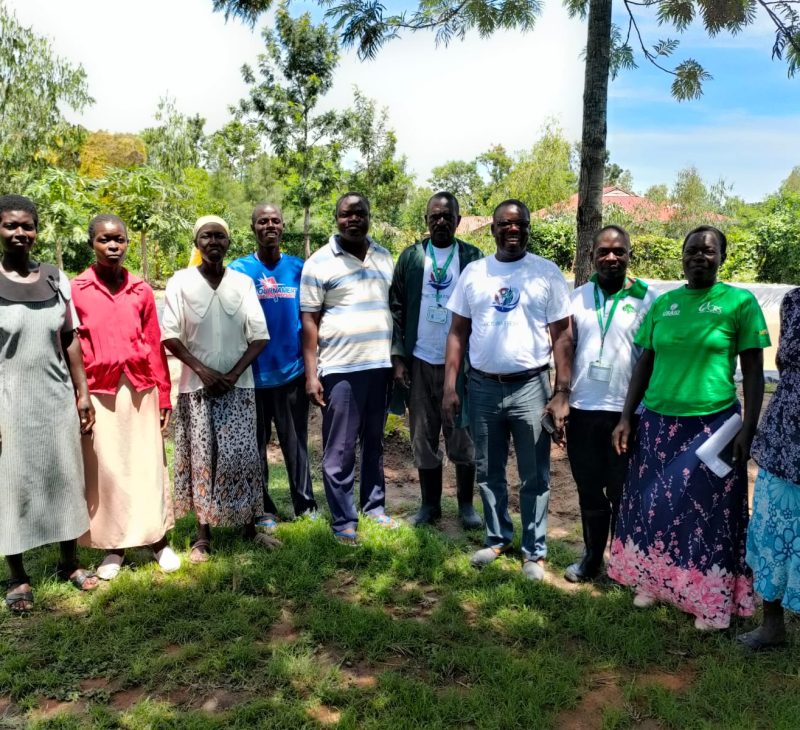
Seedlings Planted/Families impacted/Implementation Partners.

Implementation partners include: Women Groups, Self Help Societies, Community Based Organizations, Cooperative Societies, Welfare Societies, Educational Institutions, Independent tree Nurseries and Government Agencies.

